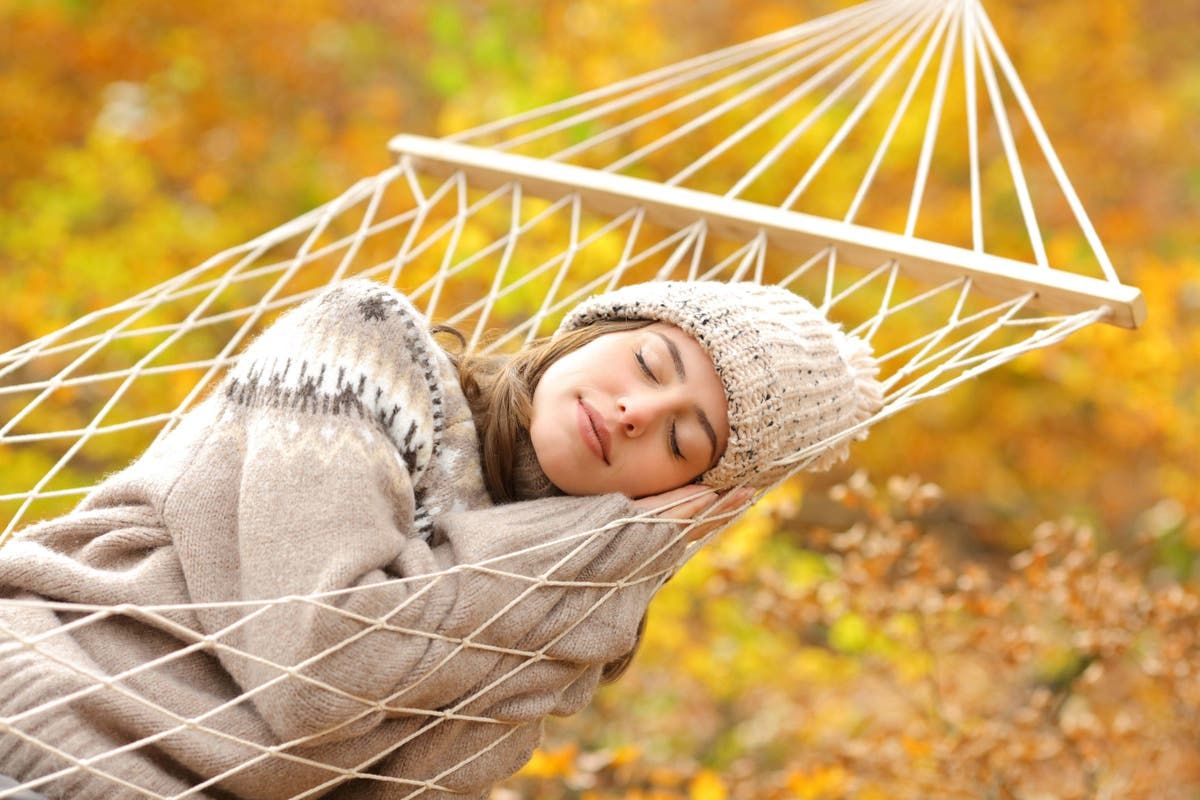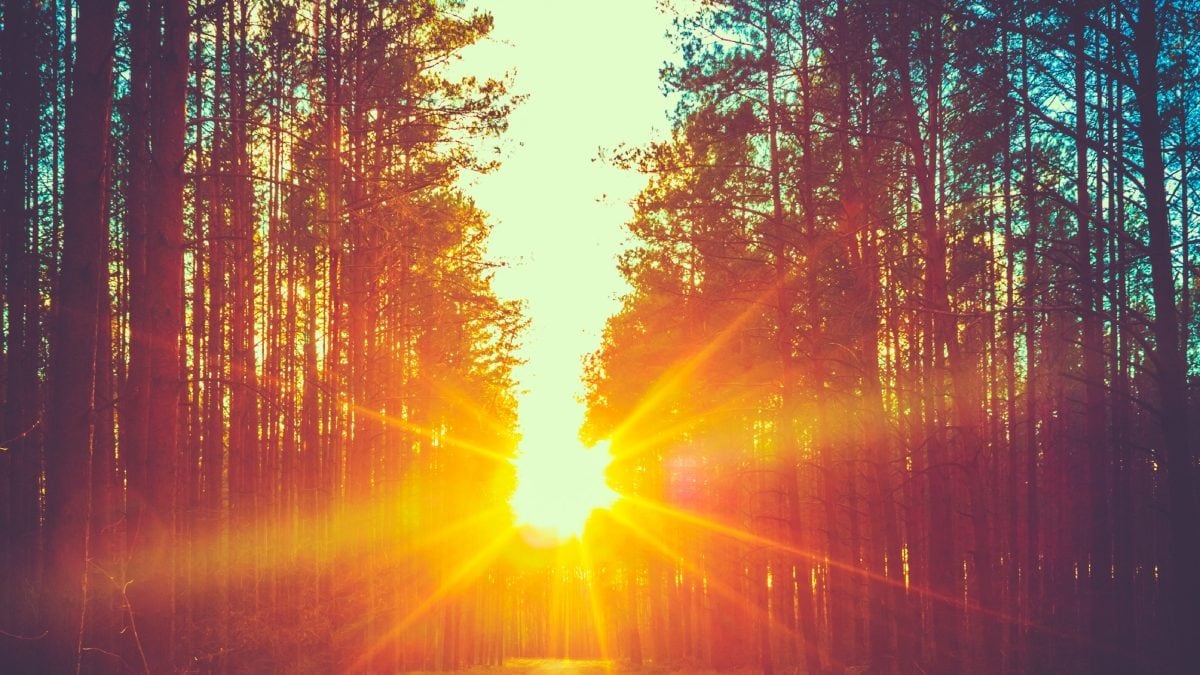Your support helps us tell the story.
In my reporting on women's reproductive rights, I have witnessed the critical role that independent journalism plays in protecting freedoms and informing the public.
Your support allows us to keep these vital issues under the spotlight. Without your help, we would not be able to fight for truth and justice.
Every contribution ensures that we can continue reporting on the stories that impact lives.
Kelly Rissman
US News Reporter
The transition from summer to fall can sometimes be tricky to navigate, as the drastic change in weather and reduced sunlight can often wreak havoc on our sleep schedule.
We spoke to a few sleep experts who explained how and why this transition period can affect the quality of our sleep. They also offered some tips on how we can get through it.What happens to our body during this period?
“Two of the most important factors for good sleep are the production of melatonin and serotonin, and secondly, temperature,” says Charlie Morley, a sleep expert and author of Dreams of Awakening and other books on sleep and dreams. Both of these factors change as summer turns to fall.
“Because it gets dark earlier, our melatonin production kicks in earlier, so we may start to feel more tired sooner,” explains Morley. “Also, the sun doesn’t come up until later in the morning, so our serotonin production doesn’t kick in until a little later than usual.”
So instead of waking up naturally with the sun, we need the dreaded sound of the alarm clock to wake us up.
In addition, the inevitable drop in temperature at the beginning of autumn can also affect our sleep.
“In terms of temperature, having a cooler bedroom offers better conditions and we generally tend to sleep better and longer in winter,” says Morley. “However, the transition from summer to autumn is when we can suffer from mild jet lag as serotonin production changes during the seasonal transition and this can affect sleep.”
How can we prepare our bodies for this change?
Try to go to bed earlier
“To counteract the sudden changes in our sleep, we can start going to bed a little earlier as we approach summer and autumn,” Morley recommends. “In fact, people tend to sleep 30 to 90 minutes longer in winter, so this is perfectly normal.”
Avoid taking naps during the day.
“Many people who suffer from seasonal affective disorder (SAD), a type of depression that comes and goes in a seasonal pattern, may feel like they need a nap during the day,” says Dr. Lindsay Browning, psychologist and sleep expert at And So To Bed. “However, this extra sleep can trap you in a vicious cycle where you need more sleep during the day to make up for the lack of quality rest the night before.
“Napping can cause melatonin production to go out of control, as we receive less natural sunlight and alter the body’s natural processes that keep our sleep schedules stable,” explains the psychologist.
Get out as much as possible
“As soon as you wake up, expose yourself to daylight and throughout the day try to maximise your exposure to natural sunlight, such as during lunchtime or, if this is not possible, purchase a special seasonal sleep lamp,” advises Morley. “This natural sunlight will help regulate your sleep cycles.”
Try to exercise regularly
It can be hard to find the motivation to hit the gym in the colder months, but if you can squeeze in a brisk walk in the morning, it will do wonders for your mental health and your sleep.
“Exercise directly affects the need for deep sleep at night,” Browning explains. “Increasing exercise levels can increase the amount of deep sleep you get, and it’s this sleep that helps you feel more rested when you wake up in the morning.”
Avoid caffeine before bed
“It’s no secret that caffeine can disrupt our sleep cycles and make it difficult to relax, so I recommend avoiding caffeinated drinks three to four hours before bed, including tea,” says Dr Hana Patel, NHS GP and resident sleep expert at Time4Sleep. “As well as keeping us wide awake, caffeine can significantly increase feelings of anxiety, making us feel jittery.”
Keep your bedroom cool
“As we prepare for colder, darker nights, it can be tempting to turn on the heating just before bed, but this could be detrimental to sleep,” warns Browning.
“Excessive heat and decreased humidity in the air can contribute to poor quality sleep and as we know from research, the ideal bedroom temperature is 16 to 19 degrees Celsius for comfortable sleep,” she adds.












